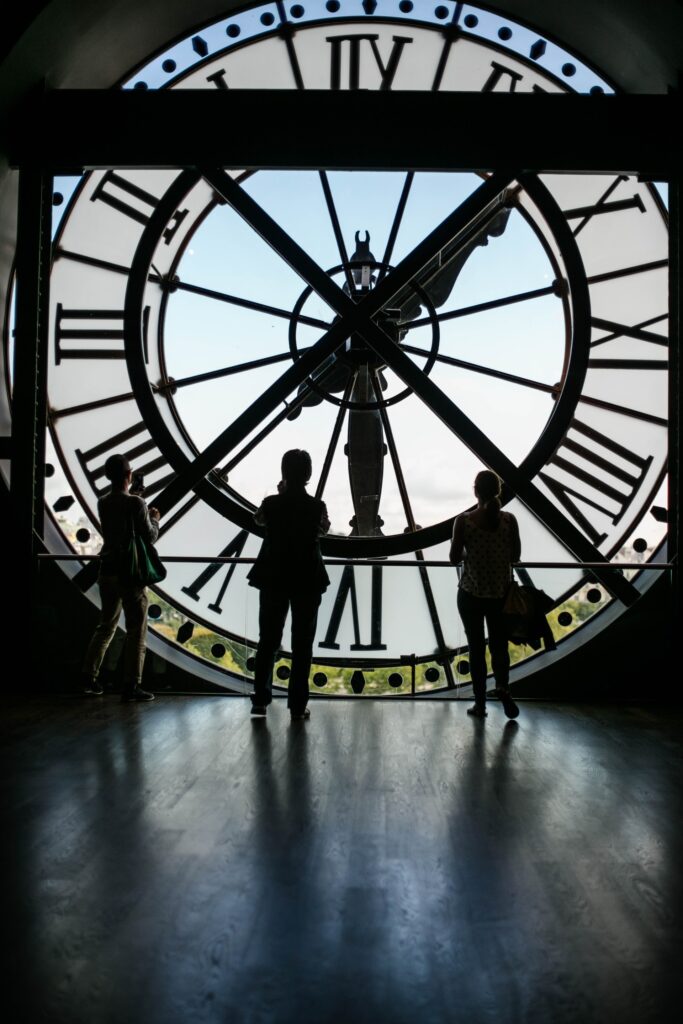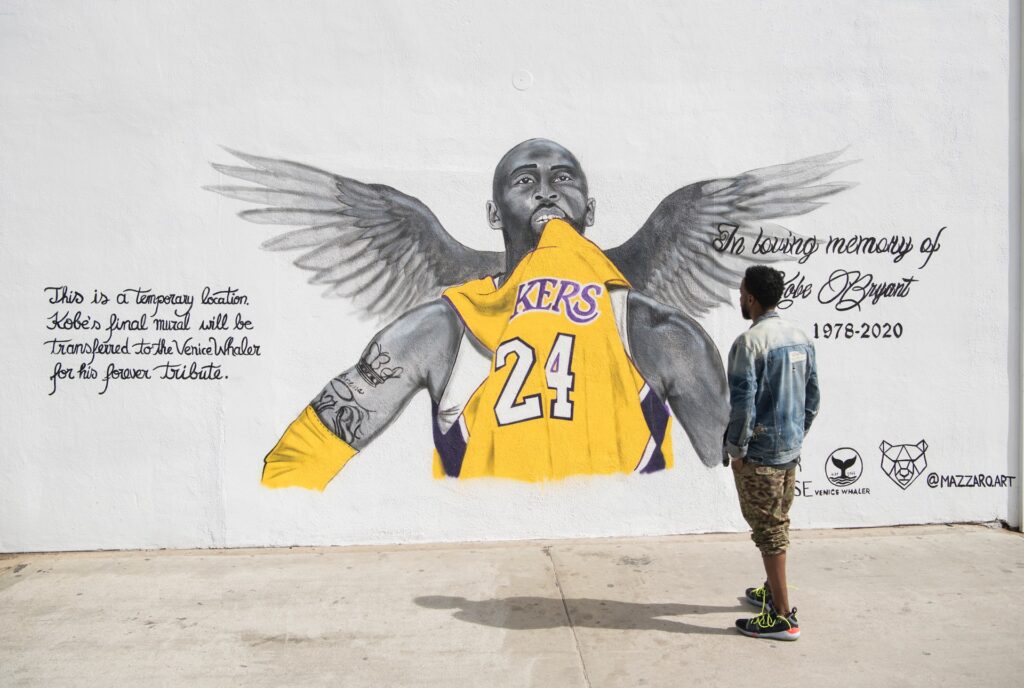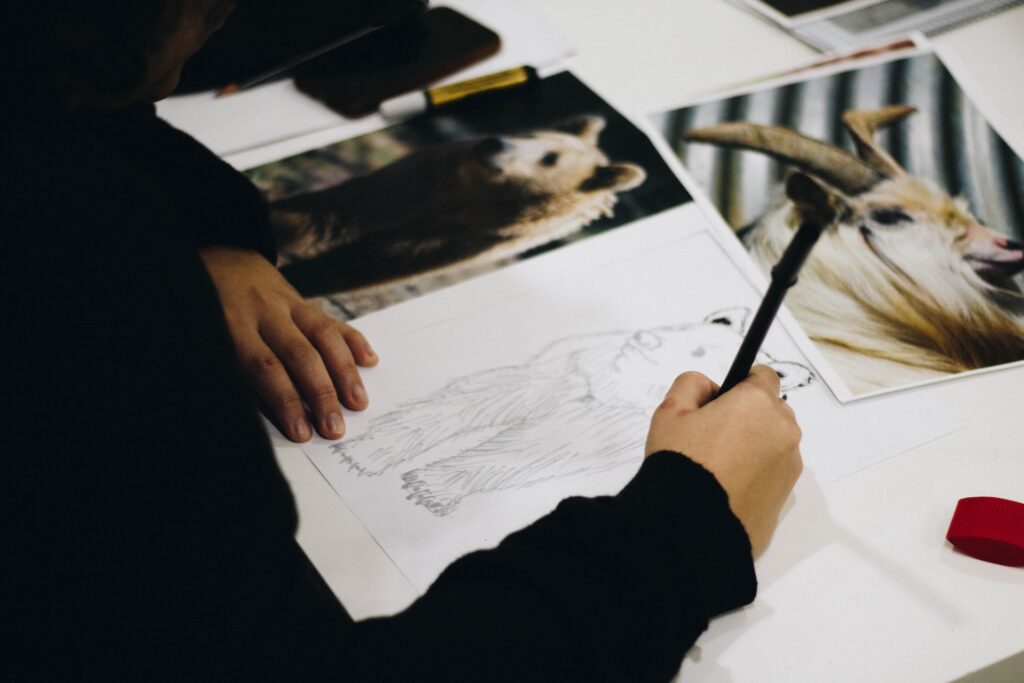What comes to your mind when you think of “best work”?
Many thoughts cross my mind:
-The people who marked the history like the Prophet or Gandhi
-A group of people like the companions or a soccer team
-A period in time like the Islamic Golden Age or the Renaissance
-The ordinary person who was dealt a bad hand but made something extraordinary from his or her life
-The single mom who raised good kids
The list can go on and on.
When we learn about the people above, we know that their efforts will pay. It’s something they ignored.
It’s harder to keep going when you don’t see the finish line!
But what the ordinary person and the one you find in history books have in common is dedication.
They persist in doing their best. It’s a kind of blind faith in effort.
This attitude towards work, is it something given to few or can it be developed by many?
Best work comes with time

So how each one of us can do his/her best work?
One way to do it is by modeling the world-class performers.
Researchers studied the best artists, musicians, athletes, and entrepreneurs to find similar patterns.
Here’s what John Hayes, a cognitive psychology professor at Carnegie Mellon University found.
The top composers, painters, and poets put in a decade of work before producing anything of importance.
Hayes refers to this period as “the 10 years of silence”. It’s a time where you work hard, practice a lot, and have a little recognition for your efforts.
The research of professor K. Anders Ericsson confirms the findings of Hayes.
Ericsson revealed that “10,000 hours” work it’s what it takes to become an expert in your field.
(Malcolm Gladwell wrote about the 10,000-Hour Rule in Outliers.)
But working for long hours is not enough to be your best.
Two persons can train the same amount of time at the gym but get different results.
Best work comes from purpose

The key is to work hard but with purpose.
In other words, to work with the intention and extreme focus on improving at a specific skill.
Take Kobe Bryant for example.
There was this story on Reddit about him.
Before joining the basketball Team USA for practice at 11 am, here’s what he did:
– From 4:30 to 7 am: sprint and conditioning.
– From 7 to 11 am: he made 800 jump shots.
So this is hard work, but not only. He dedicates 4 hours to perfecting a particular skill– jump shot.
Best work starts from imitation

As we’re talking about Kobe, do you know how he became a basketball star?
He admitted himself: by stealing a lot of moves from his heroes like Michael Jordan and others.
Stealing from our heroes is something we all can do.
But wait for a second, isn’t stealing bad?
Not if we do it the right way.
In his book Steal Like An Artist, Austin Kleon explains the difference between copying and plagiarism.
Plagiarism is passing someone’s work as our own.
Copying is imitating someone’s work to understand how it works. Then transforming what we learn into something new.
Best work is in discovering oneself

Here is the interesting part. During the process of imitating, we discover our limits. We realize that we can never copy someone 100%.
When we hit that wall, we start discovering our uniqueness and transform the work of our heroes into our own.
To go back to the example of Kobe, he couldn’t replicate the same moves of his heroes. His body was different from theirs. So he had to come up with his own style.
Reflecting on the imitation phase, Conan O’Brien said:
“It is our failure to become our perceived ideal that ultimately defines us and makes us unique.”
Imitate until you find your limits, then discover your identity, and finally, innovate.
Final Thoughts
By putting time and effort to develop our skills, not only do we discover our individuality and potential, but also, we become valuable to our communities and earn the pleasure of Allah.
Didn’t the Prophet (PBUH) said: “Verily, Allah loves that when anyone of you does a job, he/she should perfect it”?
The greatness of Muslim communities starts with the greatness of its individuals.
And the only thing that stands between us and greatness is impatience.
In a world of instant gratification, the patient can beat the smart and the skillful.
Developing the love for our best work means finding pleasure in this never-ending journey of self-discovery.
So, are you willing to wait longer???
Article posted the 20 February 2021
Previous Articles
- The Future of Education: Better, Shorter, Cheaper?
- Deschooling Our Minds: The 3 Lessons To Expel
- A Few Thoughts For Muslims
- The Blue Economy or How to Make Change Appealing
- Biomimicry: When Looking at the Creation Helps Solving Problems
- Scary AI and The Need For a Brain Optimization
- Can AI Be a Better Ruler?
- How the Prophet Transformed the Companions?
- Are Muslims Meant to Be Sleep Deprived?
- Muslims Judging Each Other: Why and How to Be Less Judgy
